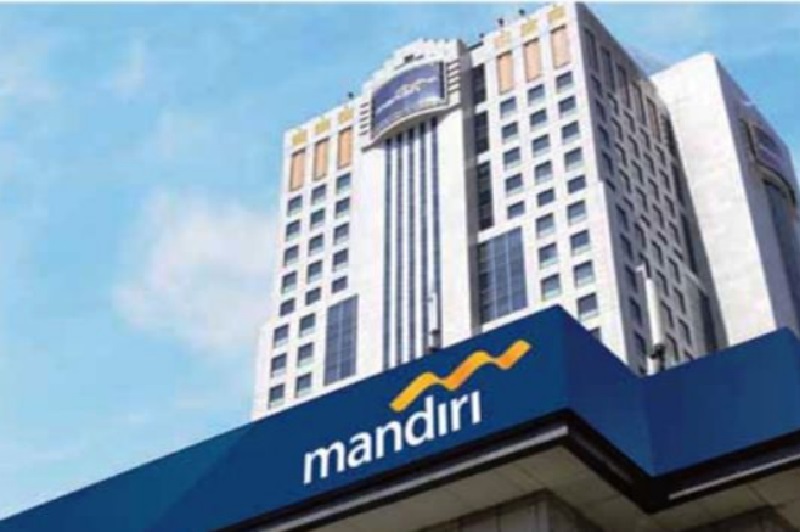Bank Mandiri Strengthens Sustainability Commitment with Global ESG Standards
JAKARTA, RAKYAT NEWS – Bank Mandiri has reiterated its dedication to sustainable practices by consistently implementing prudent credit policies that align with global environmental, social, and governance (ESG) standards. These efforts ensure that every financing decision supports responsible business practices while adhering to sustainability principles.
Senior Vice President and ESG Group Head, Citra Amelya Pane, stated that Bank Mandiri has incorporated ESG aspects into its credit approval processes across 12 key sectors. These include agriculture, construction, energy, fast-moving consumer goods (FMCG), metal mining, coal, shipbuilding, healthcare, pulp and paper, telecommunications, transportation, and oil and gas.
In the palm oil sector, for instance, the bank collaborates with companies committed to sustainable practices, adhering to “No Deforestation, No Peatland Expansion, and No Exploitation” (NDPE) principles. Additionally, they prioritize firms certified by the Indonesian Sustainable Palm Oil (ISPO) and the Roundtable on Sustainable Palm Oil (RSPO) standards to avoid financing projects linked to environmental damage, deforestation, or labor exploitation.
Similarly, in the paper and packaging sector, Bank Mandiri provides financial support to companies with verifiable timber legality certificates, including those under the Forest Stewardship Council (FSC) and the Timber Legality Verification System (SVLK). These measures promote responsible forest management and the preservation of ecosystems.
Citra elaborated on the bank’s robust ESG framework, highlighting the implementation of the Environmental and Social Compliance Checklist (ESCC), derived from eight global performance standards. This checklist assesses compliance in areas such as biodiversity protection, land acquisition practices, and adherence to human rights, ensuring sustainable operations across their wholesale debtors.
Bank Mandiri’s efforts have paid off. By September 2024, the bank’s sustainable finance portfolio grew by 12.8% year-on-year to IDR 285 trillion. Of this, its green financing portfolio surged by 16.4% to IDR 142 trillion, with a significant contribution of IDR 107 trillion from natural resource management and sustainable land use sectors.
These initiatives reflect the bank’s active role in promoting low-carbon economic transitions and combating climate change. Citra emphasized that these measures align with the bank’s ambition to achieve Net Zero Emissions (NZE) by 2030 for operations and by 2060 for financing activities.
Bank Mandiri’s commitment is built on its “Becoming Indonesia’s Sustainability Champion for a Better Future” vision. Its ESG framework is structured around three pillars: Sustainable Banking, Sustainable Operations, and Sustainability Beyond Banking, which guide its strategic efforts toward a greener future.
Through these transformative steps, Bank Mandiri not only strengthens its position as a sustainable finance leader but also supports Indonesia’s journey toward a low-carbon economy, ensuring a balanced ecosystem for generations to come. (Uki Ruknuddin)



























Tinggalkan Balasan